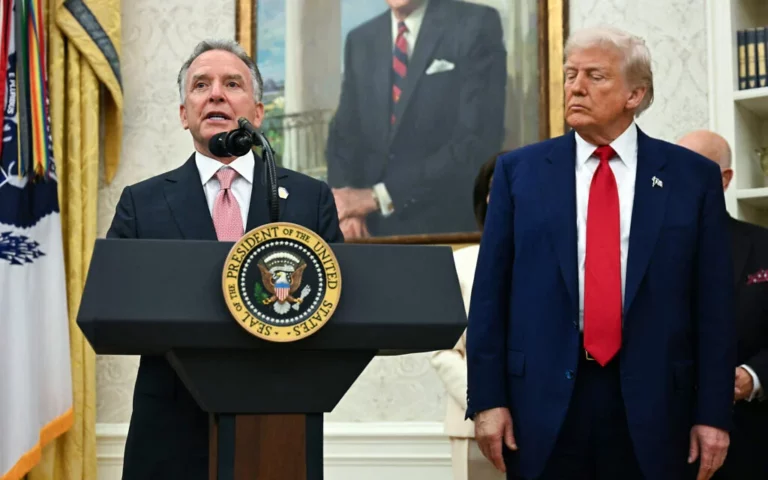Yemen’s Shiite rebels fired ballistic missiles at the Saudi capital on Wednesday, according to the rebels and the Saudi military, which said its air defense forces intercepted missiles in the skies over Riyadh and the southern city of Jizan.
The cross-border attack by the Iran-allied rebels, known as Houthis, came amid mounting regional tensions after U.S. President Donald Trump decided to withdraw from the landmark 2015 nuclear agreement with Tehran.
Saudi forces have intercepted Houthi missiles several times since March 2015, when a Saudi-led coalition launched a war against the rebels and their allies after they captured much of northern Yemen, including the capital, Sanaa.
Saudi coalition spokesman Turki al-Malki said a ballistic missile was shot down by the Kingdom’s air defense forces in the skies over the Saudi capital, Riyadh. Earlier, the military said it had intercepted two missiles fired across the border at southern Jizan province, hundreds of miles (kilometers) from Riyadh.
The rebel-run Al-Masirah TV said Wednesday’s missiles hit their targets in Riyadh with “high accuracy.” It identified the missiles fired as Burkan, or Volcano, missiles.
In April, the Houthis fired a barrage of ballistic missiles targeting Saudi Arabia, with fragments of one missile over Riyadh killing one person and wounding two. The casualties were the first in Saudi Arabia’s capital since the Saudi-led war in Yemen began in March 2015, though previous rockets fired by the Yemeni rebels have caused deaths in other parts of the kingdom.
The stalemated war in Yemen has killed more than 10,000 civilians and displaced 3 million others, pushing the Arab world’s poorest country to the brink of famine. Saudi Arabia has also imposed an air and sea blockade on Yemen.
The U.S., which is one of the kingdom’s most important military suppliers, has backed the coalition with logistical support.
The United Nations, Western nations and Saudi Arabia say Iran supplies the Houthis with long-range missiles capable of reaching Riyadh. Iran denies arming them.
(AP)











